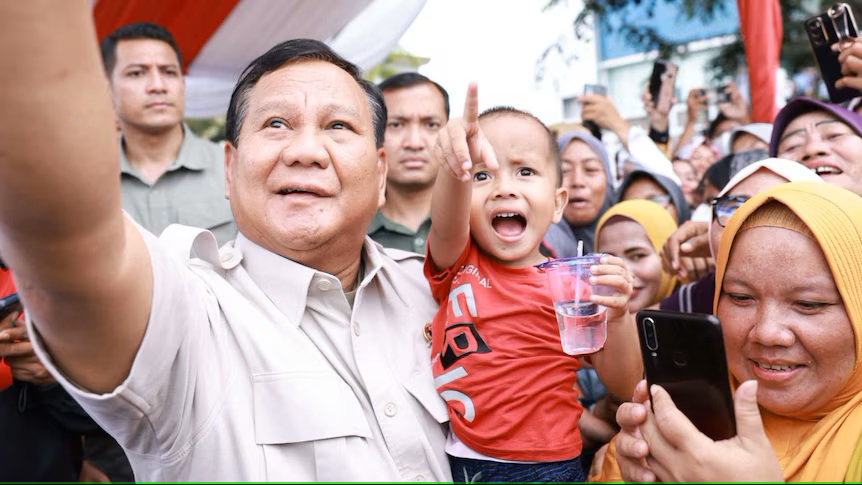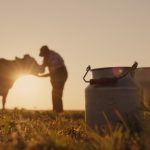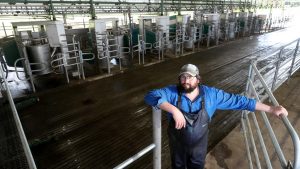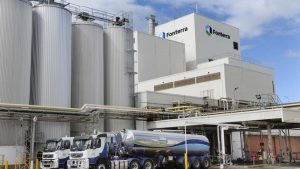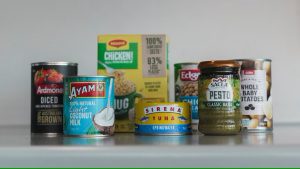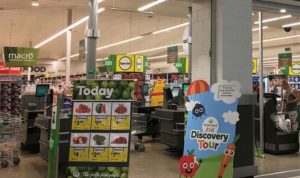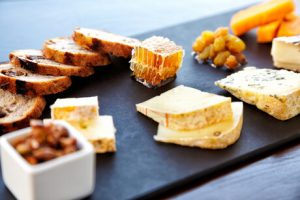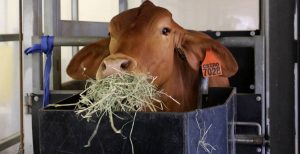
In short:
Indonesia’s new president wants to reduce the nation’s reliance on food imports.
Australia exports significant volumes of wheat, red meat and live cattle to Indonesia every year.
What’s next?
One analyst feels President Prabowo will be “pro-trade” and says there will be opportunities for Australian agriculture despite the self-sufficiency target.
Australia’s agricultural sector will be keeping an eye on Indonesia and its new president, Prabowo Subianto, who surged to power with a number of food policies such as giving schoolchildren free meals and milk.
He also wants Indonesia to achieve food self-sufficiency within the next four to five years, and has committed to expanding the nation’s agricultural cropping area by three million hectares.
“We must achieve food security in the shortest possible time,” Mr Prabowo said during his inauguration speech on Sunday.
“We must be able to produce and meet food needs of all Indonesian people.
“In fact, we are ready to become the world’s food barn.”
Prabowo Subianto is Indonesia’s eighth president. (Reuters: Ajeng Dinar Ulfiana)
Live cattle exports sail ahead
Australia exported about 360,000 head of live cattle to Indonesia last year.
Greg Pankhurst is a veteran of the live export industry and expects the trade will continue to supply similar numbers despite the president’s self-sufficiency goal.
“There’s still good demand in Indonesia for fresh meat and there’s actually feedlot expansions going on at the moment and some new feedlotters coming into play — it’s very positive,” Mr Pankhurst said.
“In terms of self-sufficiency, it’s very ambitious and it’s been talked about and trialled by a number of [Indonesian] presidents and ministers of agriculture before.
“We can only say ‘We support you in what you’re trying to do,’ but if it doesn’t happen, Australia is certainly here and will continue to supply beef, live cattle and wheat, which are our three main products we supply.”
He said Mr Prabowo’s school lunch plan was fascinating and that Australian exporters were already getting calls about opportunities to supply dairy cattle to Indonesia.
“I believe Dairy Australia has started to engage and Austrade are bringing some investors down in December,” Mr Pankhurst said.
“Live exporters have certainly been fielding questions from a multitude of people.”
Indonesia Institute founder Ross Taylor says it’s time to rethink the way Australia and Indonesia work together. (Supplied)
Opportunities for partnerships
Ross Taylor, the founder of the Perth-based Indonesia Institute, said Indonesia’s goal for food self-sufficiency was often viewed the wrong way by Australians.
He felt Mr Prabowo’s policies would create a variety of “outstanding opportunities” for Australian agriculture.
“I think [Mr Prabowo] will be very pro-trade … and he’s very interested in food and how Indonesia can develop self-sustainability and even become an exporter,” Mr Taylor said.
“Where Australia has gone wrong is we’ve always seen the Indonesian market from the perspective of ‘We sell, they buy’.
“I think Prabowo will be looking for Australian ag to form partnerships and add value.”
Mr Taylor said Indonesia’s growing demand for dairy products was an obvious opportunity to form partnerships.
“Instead of just sending milk to Indonesia, why not have a joint-venture partnership to produce milk [in Indonesia]? I think that’s what the president would like to see us doing,” he said.
“Indonesia has the facilities and the agricultural area … so why can’t that huge demand be met by joint-venture companies using Australia’s expertise and knowledge, combined with what Indonesia has?
“I think we just need to change our mindset from purely ‘What can we sell them?'”
You can now read the most important #news on #eDairyNews #Whatsapp channels!!!
🇺🇸 eDairy News INGLÊS: https://whatsapp.com/channel/0029VaKsjzGDTkJyIN6hcP1K
